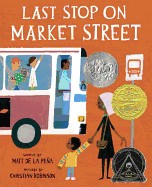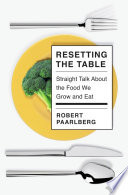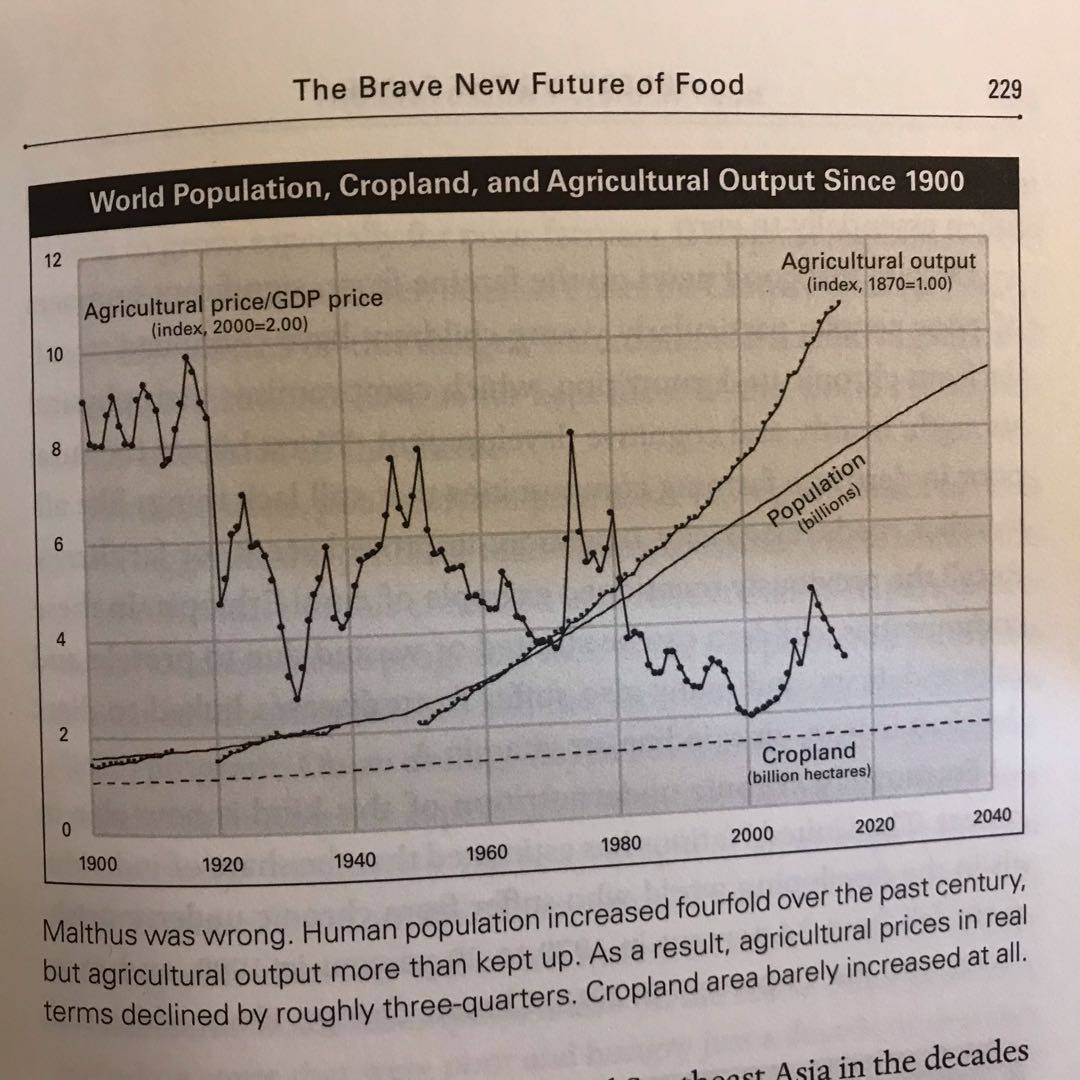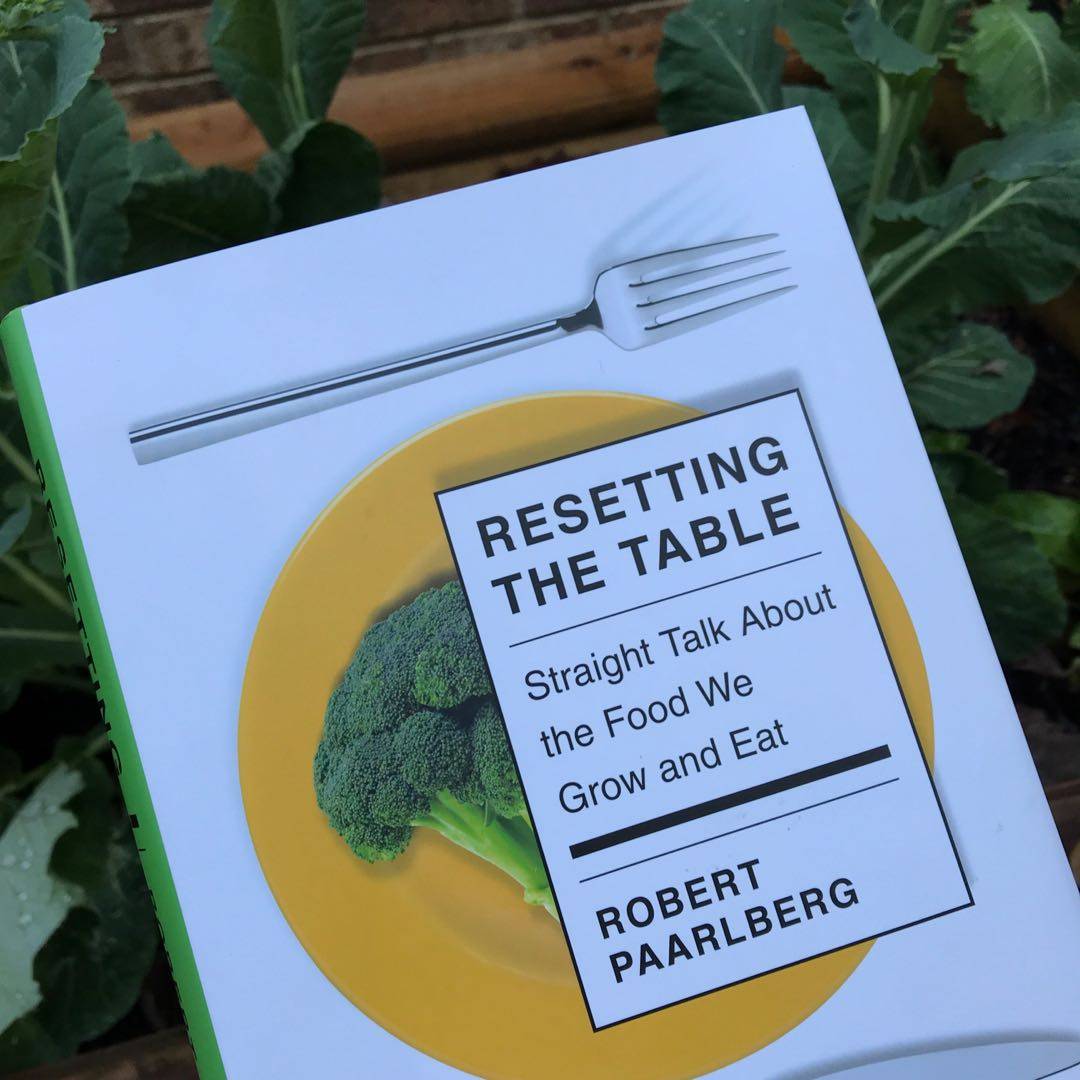5 likes
“[T]hanks to the emergence of ‘precision agriculture,‘ chemical use on farms has decreased significantly, not just relative to output but often in absolute terms as well. Fertilizer use on America‘s farms has remained flat for the past four decades while total production was increasing more than 40 percent, and total insecticide use on farms is now more than 80 percent lower than in 1972.”




















